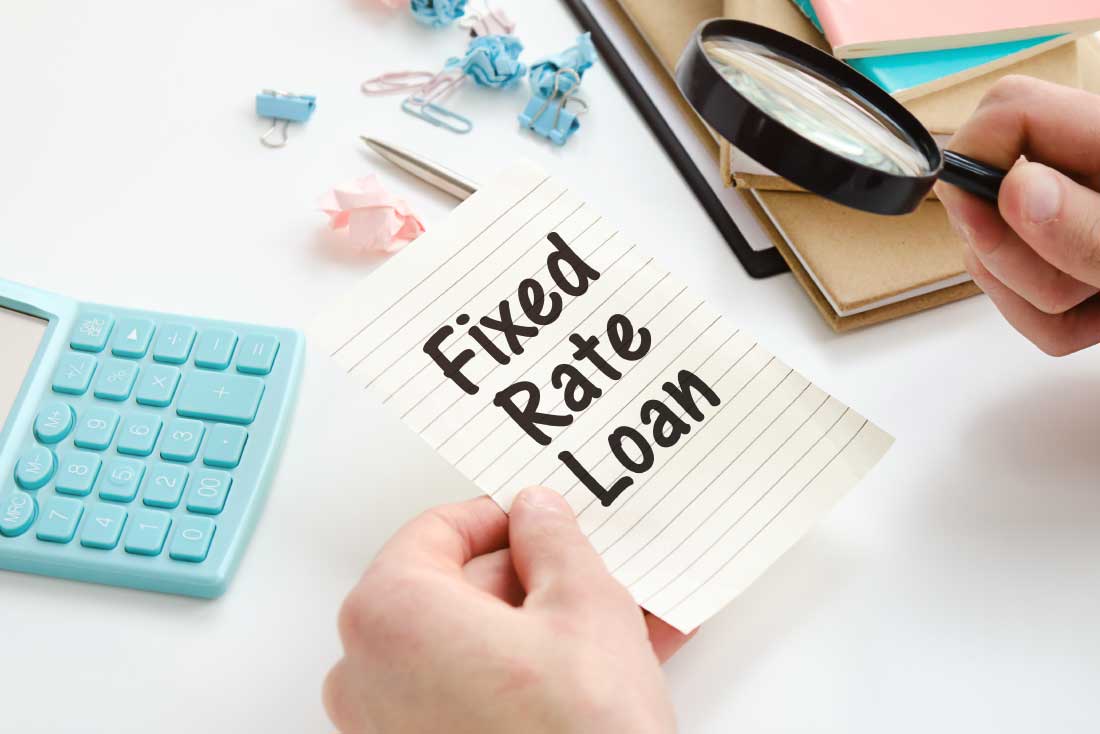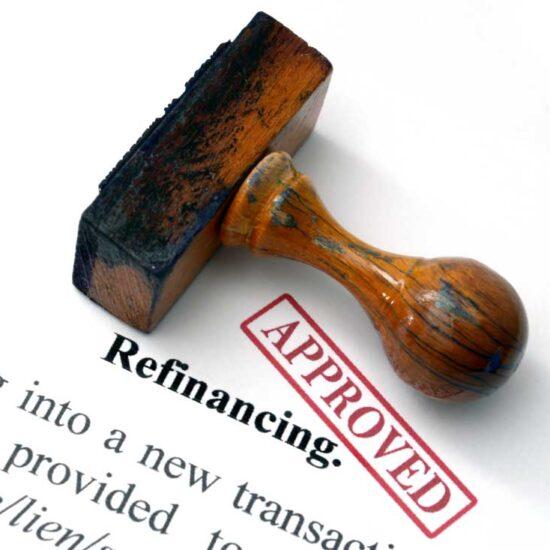
By Tina Howes, SmartMove
If you think that by fixing your loan you’ll pay less, you need to rethink that mindset!
So, your loan is pre-approved, you’ve purchased that property, and now you need to decide whether to stay variable, fix, or split the interest rate on your loan.
Some would say this is one of the hardest decisions to make. Particularly after the emotional stress of finally securing a property.
To fix or not to fix? That is the question.
Anyone who has had a loan in the past 20 years will have a story.
The time they didn’t fix, but wish they had; the time they fixed and saw rates drastically decline; the time they waited too long to fix; or the time they didn’t rate lock and rates changed between documenting and settlement.
Like most people that have fixed their loan at some point, I myself have been burned.
I fixed at eight per cent just before the GFC in 2008.
I worked in corporate banking at the time and all our treasury experts were recommending locking in rates.
Well, the GFC hit, and rates declined rapidly.
Then, post GFC, when things had stabilised, rates were on the way up.
After vowing never to fix again, I locked in for five years at 5.69 per cent.
Again, our treasury experts were “personally” locking in their loans.
Having seen rates at an average of 6.5 to seven per cent and even eight per cent.
To me, a five-year rate at that level was amazing.
And what happened then?
Yes, you guessed it, rates went down progressively, and I was left paying high fives when rates were in the low fives. Yup, it hurt!
The house always wins
It became apparent the more brokers I spoke with the banks never lose when it comes to fixing rates.
Or rather I should say that in 90 per cent of cases, if you fix your rate, and usually at a rate above the prevailing variable rate, you will end up paying more than if you had stayed variable.
The only exception to that “rule” has been during the pandemic when we saw cheap government money provided to the banks, which they passed on as very low, sub -two per cent rates to their customers.
For the first time in forever, fixed rates were lower than variable rates and we saw the greatest opportunity to lock in debt. Think four years at 1.89 per cent with a major bank! Wow!
Now, of course, when we talk about all of this, ladies, (see my lovely disclaimer below), we do have to remember that everyone is different, everyone has a different situation, and a different risk profile.
It’s not always a one-size fits all approach, and we all need to consult with our mortgage and finance professionals before we make any of these decisions.
Some of my clients have been opting for the cheap and enticing one- or two-year special rates.
Personally, I was more excited by the four-year rates – slightly higher but still cheaper than the variable ones and offering far greater certainty and security for the future.
And for those on the one- or two-year special rates, what will rates be in two years’ time?
But again, folks, we’re all different.
So, now that the cheap government money has ceased, and the global economies are improving, we are seeing long-term funding costs increase.
As a result, aside from some one- or two-year rates, fixed rates are back to being higher than variable.
I am back to advising clients to treat fixed rates as an insurance policy against paying more, not as a mechanism to pay less.
With fixed rates, you have the certainty of the repayment amount, and can sleep at night.
However, that peace of mind comes at a premium.
Just like we insure our cars, our houses, our incomes, and our lives.
Mindset reset
So, if you think by fixing your loan you will pay less, I’d suggest rethinking that mindset.
Another pertinent question to ask is: If you do wish to fix, or perhaps split your loan, then how much should you keep variable?
If you fix your rates then the banks have penalties in place against you making extra repayments, and they won’t let you access these funds until the fixed rate has rolled off.
Also, when you fix your rate, you generally won’t be able have an offset account against that loan.
The banks are onto you there, they won’t let you have your cake and eat it, too!
As such, it is important to ensure you have sufficient loan funds in a variable loan where you can either offset or redraw things like:
- Any surplus funds or savings from settlement
- Your expected savings during the fixed rate period
- Any large sums of money (sale of assets, bonuses, gifts, etc.)
There is a lot to consider here, so before you rush to fix your rate and the whole of your loan, make sure you’ve thought it through.
Make sure you’ve spoken to a mortgage professional who can do the sums, can advise, and plan with you and ensure that you’re not paying any more money out than you need to.
Disclaimer: I am a qualified Mortgage & Finance Advisor, but I am not a financial planner, or economist. The above article is simply based on my experience over the years and what I have seen. Verify all outcomes and projections with your accountant and financial planner. This estimate is general in nature does not constitute personal financial advice nor financial product advice of any kind.
Tina Howes
Mortgage & Finance Advisor
SMSF Specialist
Commercial Banking & Small Business Specialist
Main image: Freepik

Disclaimer: This article contains information that is general in nature. It does not consider the objectives, financial situation or needs of any particular person. You need to consider your financial situation and needs before making any decisions based on this information. This article is not to be used in place of professional advice, whether in business, health or financial.






